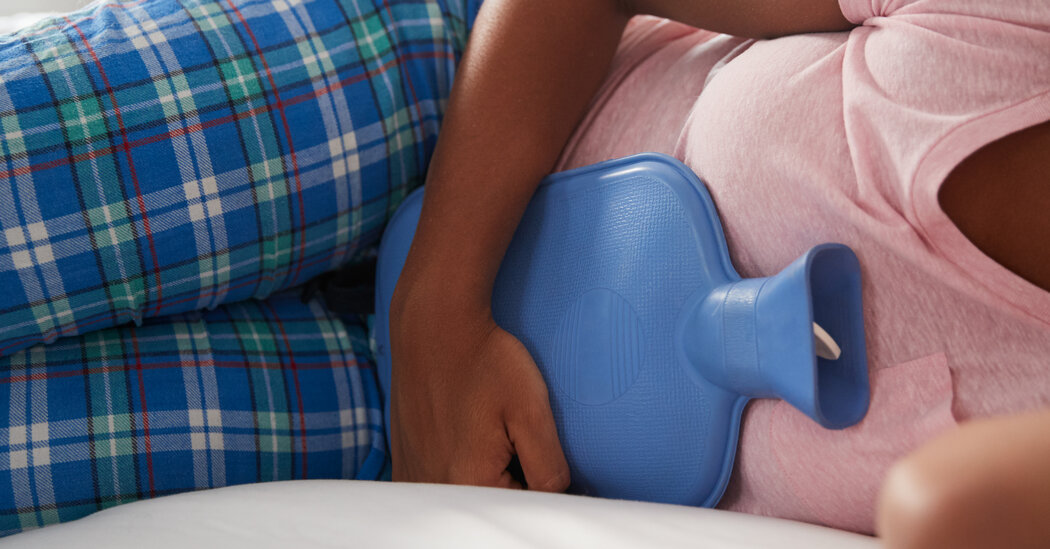Researchers have linked early menstruation to an increased risk of health problems later in life.
A new study, published Wednesday, found that girls are starting their menstrual cycles earlier now than in previous decades. The trend is more pronounced for girls from minority groups and those from lower-income backgrounds.
The findings add to growing evidence suggesting that some girls around the world are hitting puberty earlier in life — a shift that researchers say is associated with negative health outcomes later in life but one that still can’t be fully explained. Several studies have consistently found that the decline in age seems to be steepest among racial minority groups, girls from lower socioeconomic groups and those who have higher B.M.I.s.
“In pediatric practice, there’s been kind of a trend toward just assuming that Black girls go through puberty earlier. But what’s going on and how? What are the health outcomes associated with that?” said Dr. Juliana Deardorff, head of the Maternal, Child and Adolescent Health program at University of California, Berkeley, who was not involved with the study but reviewed its findings. “We should be thinking about this, not just normalizing these disparities.”
The Background
The American College of Obstetricians and Gynecologists and other medical groups consider the onset of menstruation (known as menarche) a sign of overall health, alongside other measures like cycle regularity, blood pressure, body temperature and heart rate. Researchers have linked early menarche and persistent cycle irregularity to an increased risk of conditions later in life, like diabetes and cardiovascular disease, as well as breast and endometrial cancer.
According to ACOG, typically girls are between 12 and 13 years old when they first menstruate and it takes up to three years for their cycles to hit a regular cadence.
